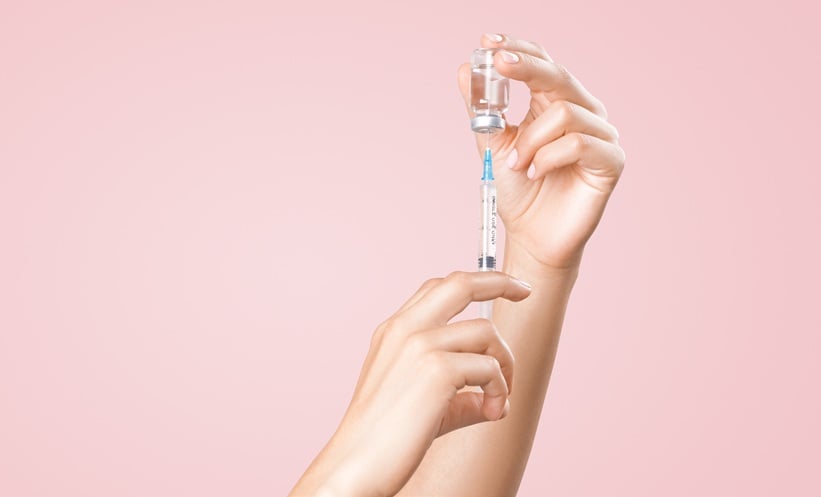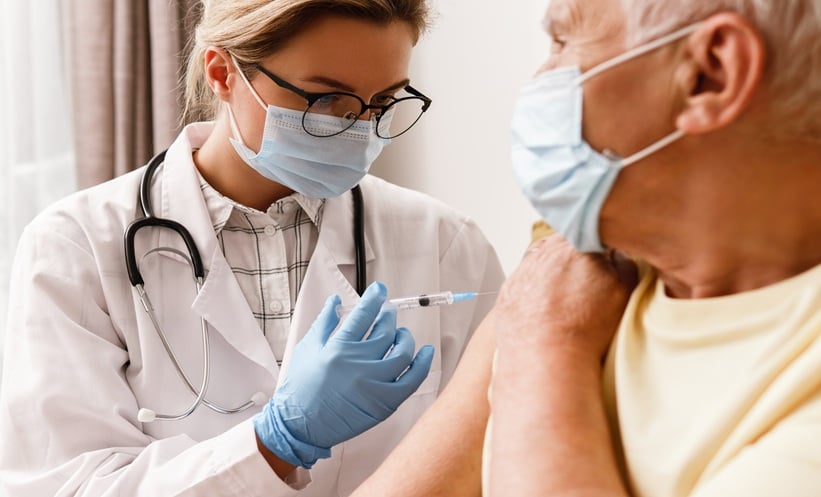A SINGLE dose of the HPV vaccine may offer strong and lasting immune protection in young girls, according to results from a large clinical trial conducted in Costa Rica. The study found that girls aged 9–14 years who received one dose of the bivalent HPV vaccine (Cervarix) had high antibody levels 3 years later, comparable in many respects to adult women who received the standard three-dose schedule of the quadrivalent HPV vaccine (Gardasil-4).
The trial was designed to support WHO’s 2022 recommendation that a single HPV vaccine dose could be an effective alternative to multidose regimens. Researchers aimed to determine whether a single dose in girls would trigger immune responses that are non-inferior to those seen in older women receiving three doses, a group and schedule with well-established clinical efficacy.
A total of 1,240 healthy participants, 620 girls and 620 women, were enrolled between April–August 2019. Girls received one dose of the bivalent vaccine, and women received three doses of the quadrivalent vaccine at 0, 2, and 6 months. The study’s primary outcome was antibody levels at 36 months, with results analysed only in participants who met strict protocol adherence and were seronegative for HPV-16 or HPV-18 at baseline.
At 36 months, nearly all girls (99.8%) remained seropositive for HPV-16 and 98.9% for HPV-18, indicating strong immune memory. While the antibody concentration for HPV-16 in the single-dose group was lower than in the three-dose group (21.4 IU/mL vs. 42.9 IU/mL), levels for HPV-18 were slightly higher in the single-dose group (8.0 IU/mL vs. 7.2 IU/mL). The immune response to HPV-16 did not meet the pre-specified threshold for non-inferiority, but the response to HPV-18 did, and overall seropositivity remained exceptionally high. Serious adverse events were rare and unrelated to the vaccine.
Although the findings suggest meaningful and lasting immune responses, the researchers note that the evidence does not yet meet the regulatory standard for approving a single-dose indication. Because immune response alone is not a direct measure of protection, additional trials measuring real-world effectiveness in preventing persistent HPV infection will be needed to support regulatory changes.
However, these results offer encouraging support for a simplified vaccine schedule, particularly in low-resource settings where the burden of cervical cancer is highest and access to three-dose regimens remains limited.
Reference
Cortés B et al. Human papillomavirus (HPV) type 16 and type 18 antibody concentrations after a single dose of bivalent HPV vaccine in girls aged 9–14 years compared with three doses of quadrivalent HPV vaccine in women aged 18–25 years in Costa Rica (PRIMAVERA): a non-randomised, open-label, immunobridging, non-inferiority trial. Lancet Infect Dis. 2025; DOI:10.1016/S1473-3099(25)00284-1.








